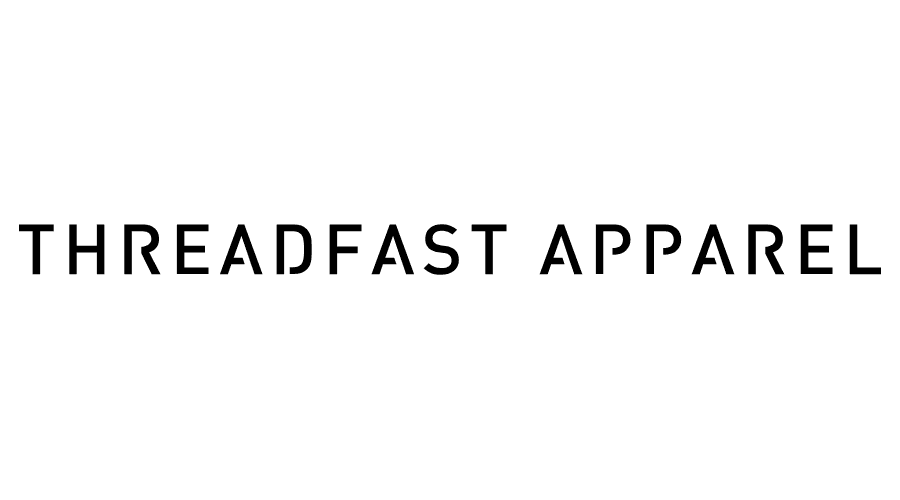When Polyconcept North America (PCNA) announced that it acquired Toronto’s Trimark Sportswear Group on April 15, it made PCNA the largest promotional products supplier in Canada. While the company already had a significant presence as the parent company of Leed’s, Bullet and JournalBooks, the purchase was PCNA’s first move into apparel, the promotional products industry’s largest category.
Although the addition of apparel to its lineup marked a change for PCNA, for Trimark Sportswear Group, it is “business as usual … only better,” according to Derrick Milne, CEO. “There will be no jobs eliminated as a result of this transaction. Trimark will continue to operate as an independent company, although we will cooperate and coordinate with our sister companies, Leed’s, Bullet and JournalBooks, in how we approach our distributors,” he said.
With more than 35 years in the apparel business, Trimark Sportswear Group is not lacking in experience in the clothing or promotional markets. In addition to its five in-house brands, the company obtained the exclusive activewear license for the 2010 Vancouver Olympics a few years back, which is when they were first approached by PCNA. “Sometime later, in 2008, we began a dialogue that led to negotiations toward an acquisition which we came very close to completing before the economy collapsed,” Milne explained. “The strategic fit between the two organizations that existed then continues today and we renewed our discussions in late 2010, picking up where we left off.”
Milne, who has been with Trimark Sportswear Group since 1995, will remain as CEO and will join PCNA’s strategic planning committee. Among other duties, he will work with the other PCNA brands on cross promotions and combined events. “For the first time in Canada, distributors can partner with an organization offering leadership in both hard goods and soft goods,” he said.
For Polyconcept North America, the chance to increase the company’s presence in Canada was an important factor. Over the next six to 12 months, the company said its goal is to find ways to integrate its hard good brands with Trimark Sportswear Group’s successful Canadian business. “We’re going to look … at opportunities in terms of how do we work together closely in Canada,” said David Nicholson, president of Polyconcept North America, in an interview with Promo Marketing. “We’re entering the [apparel] category to be a leader. We see an opportunity to take a number of the service innovations that we’ve brought on the hard goods side and apply them to the apparel space.”
Innovation may be just what the textile industry needs right now. Record cotton prices have been widely reported, resulting in increased retail costs and some wavering consumer confidence. “After a long period of deflation, we are entering into a period of inflation in apparel,” Milne acknowledged. Aside from cotton prices, he noted that nylon and polyester costs have increased dramatically, and explained that higher employee wages are also impacting costs. He said suppliers in some textile categories, like T-shirts, have had to raise prices by as much as 25 percent.
Despite the increased costs, Milne remained optimistic about the apparel industry’s future. “2010 was a strong growth year after a weak 2009 and I think the growth trend will continue as the economy strengthens,” he said. “After the last two recessions, the promotional products industry rebounded faster than the economy as a whole; apparel, as the largest category, was a key driver of that growth. I think this time around will be no different.”



